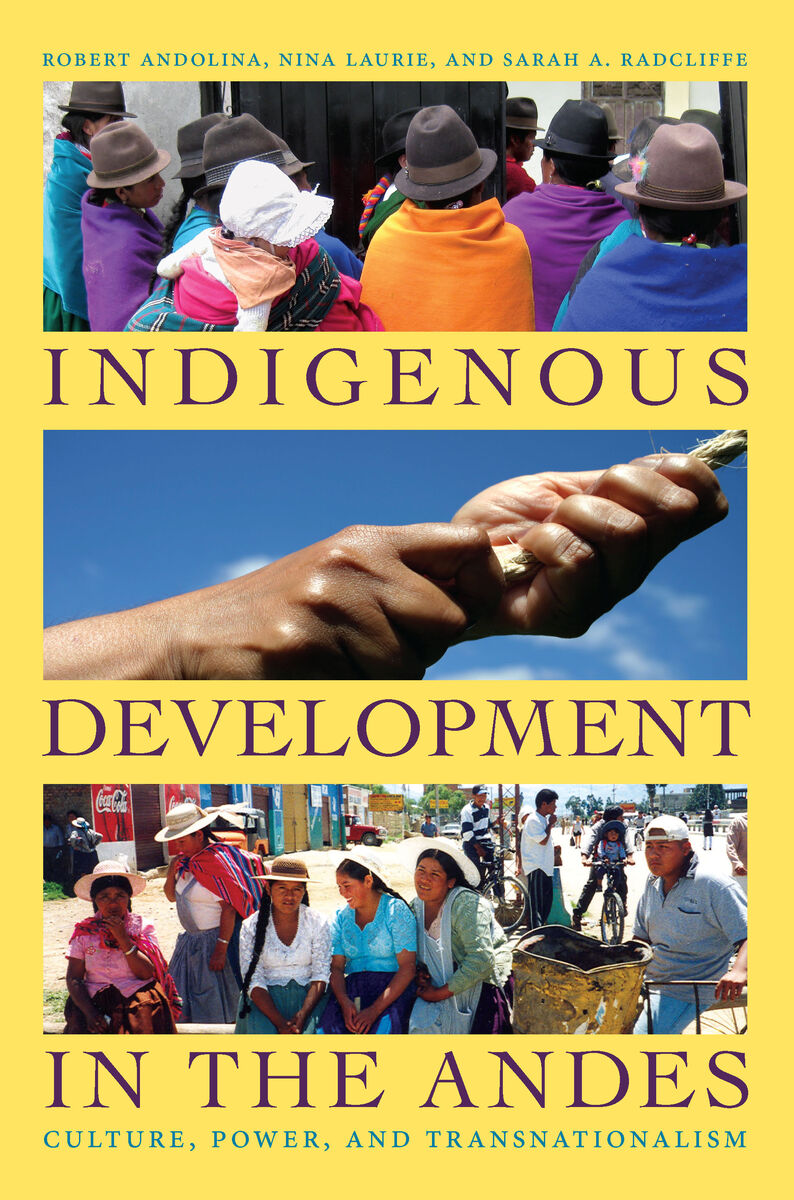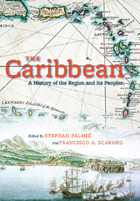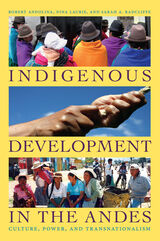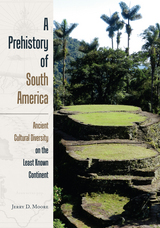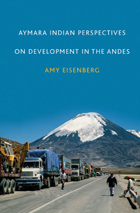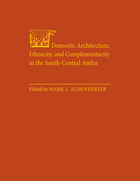Paper: 978-0-8223-4540-4 | Cloth: 978-0-8223-4523-7 | eISBN: 978-0-8223-9106-7
Library of Congress Classification F2212.A615 2009
Dewey Decimal Classification 307.140890098
The authors argue that this reconfiguration of development policy and practice permits Ecuadorian and Bolivian indigenous groups to renegotiate their relationship to development as subjects who contribute and participate. Yet it also recasts indigenous peoples and their cultures as objects of intervention and largely fails to address fundamental concerns of indigenous movements, including racism, national inequalities, and international dependencies. Andean indigenous peoples are less marginalized, but they face ongoing dilemmas of identity and agency as their fields of action cross national boundaries and overlap with powerful institutions. Focusing on the encounters of indigenous peoples with international development as they negotiate issues related to land, water, professionalization, and gender, Indigenous Development in the Andes offers a comprehensive analysis of the diverse consequences of neoliberal development, and it underscores crucial questions about globalization, governance, cultural identity, and social movements.
See other books on: Andes | Andes Region | Indigenous peoples | Social movements | Transnationalism
See other titles from Duke University Press
